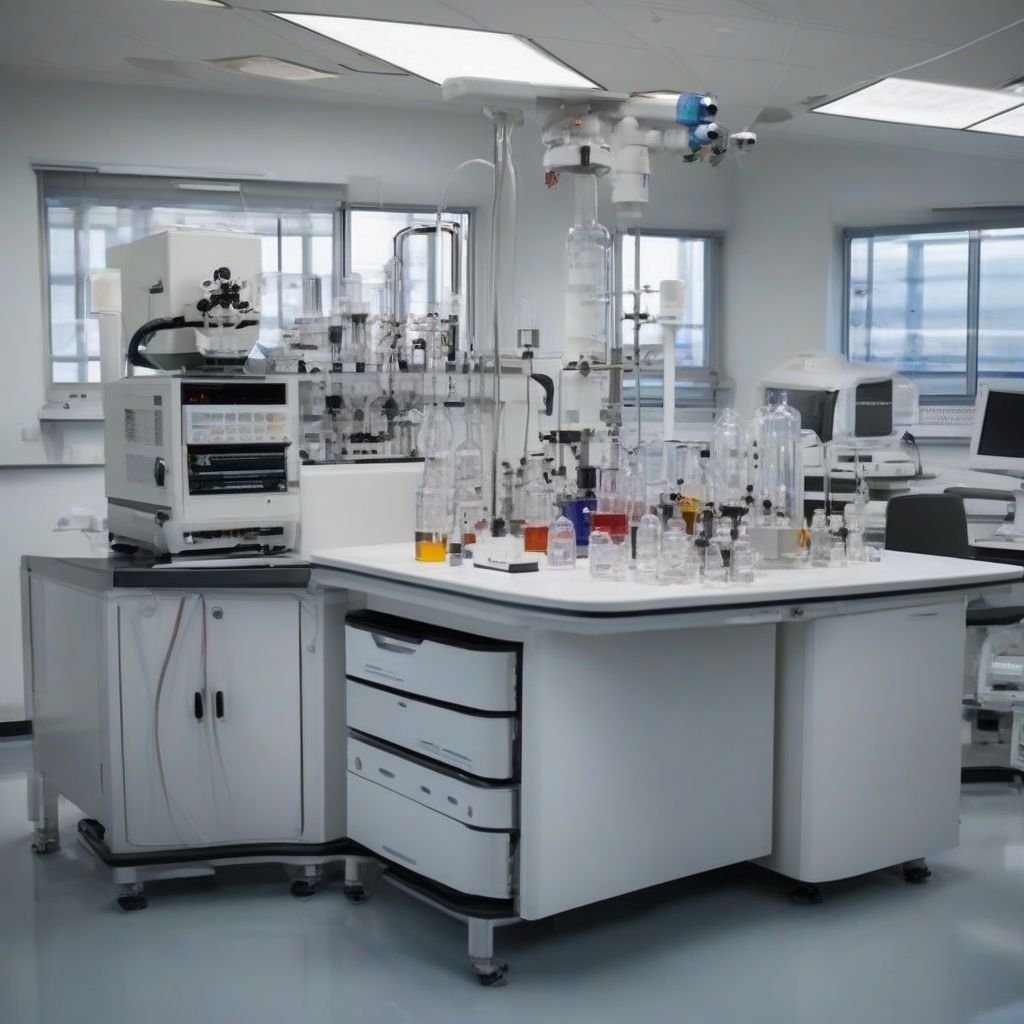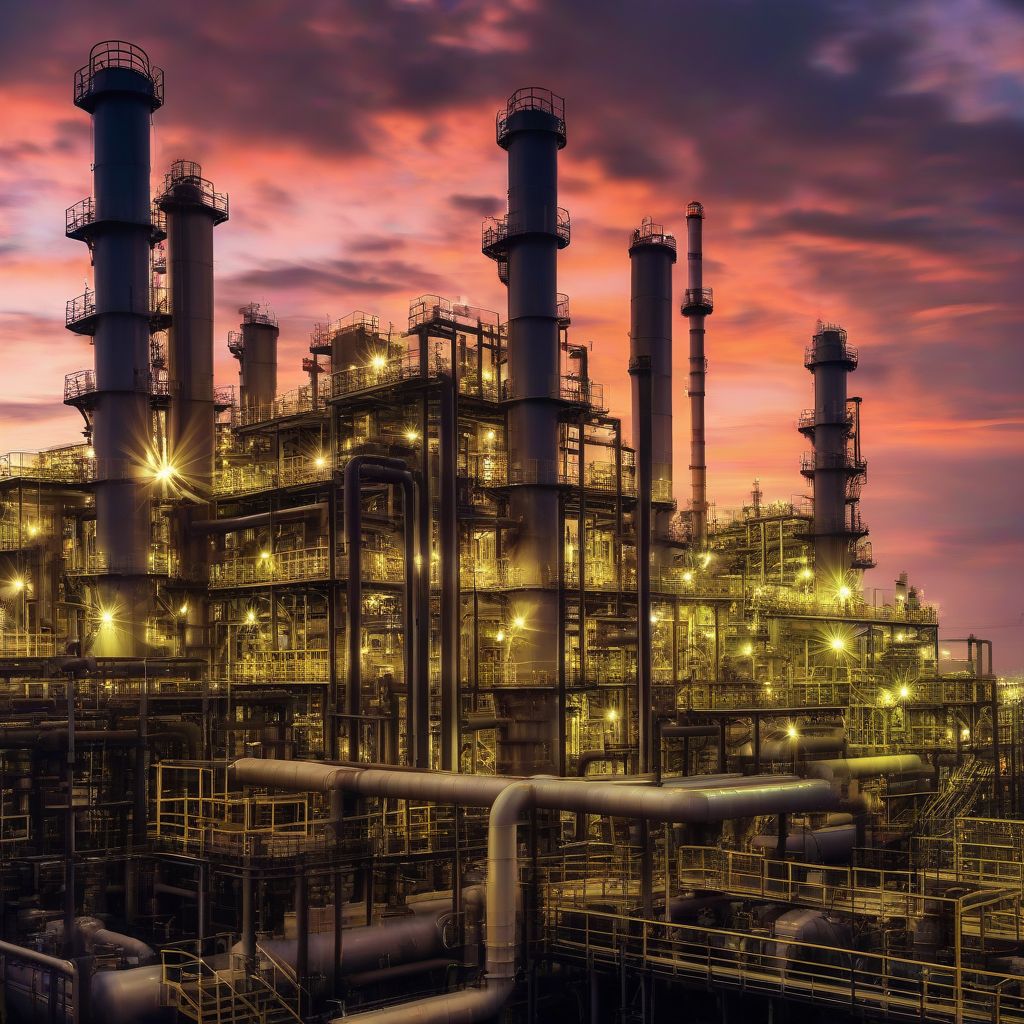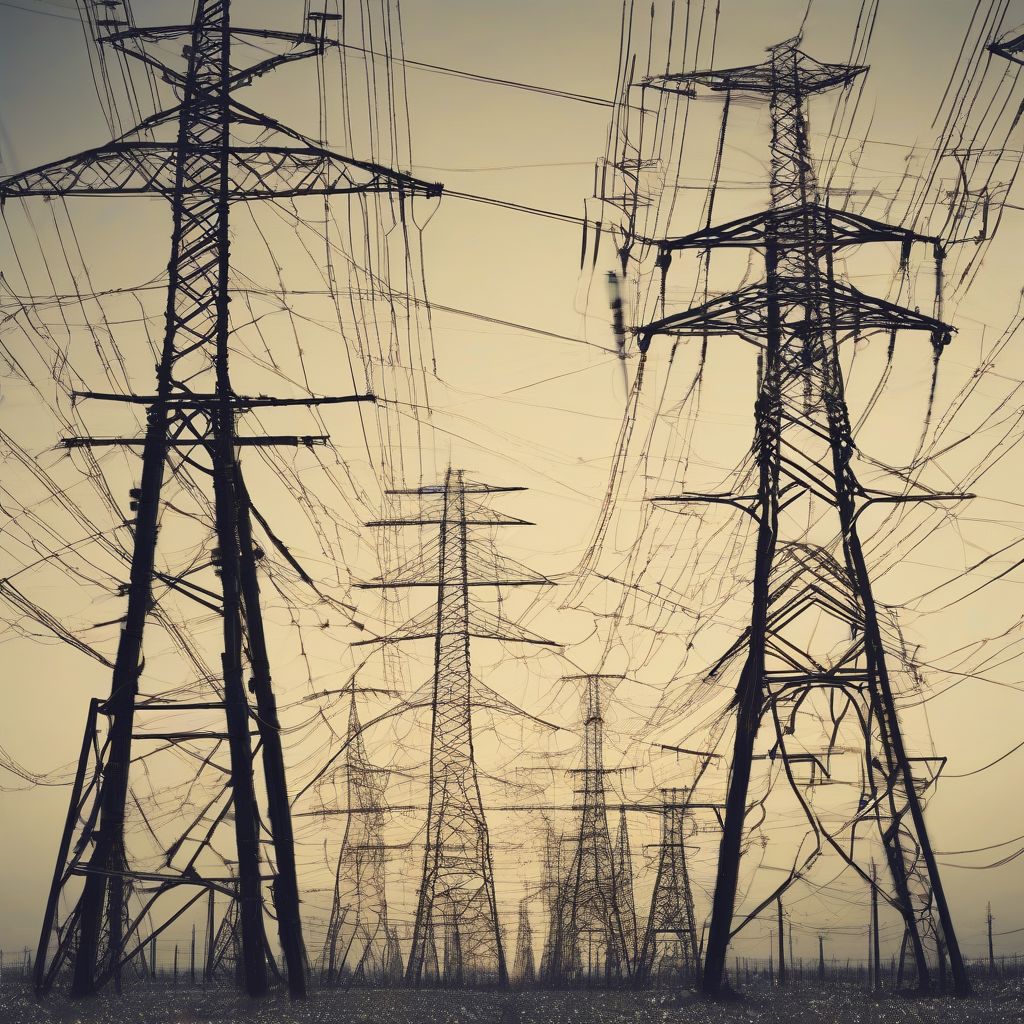Analytical Industries Inc.: A Deep Dive into Gas Analysis and Industrial Applications

The energy and gas industries are essential pillars of our modern world, powering everything from transportation to manufacturing. To ensure efficiency, safety, and environmental responsibility, precise gas analysis is critical. That’s where companies like Analytical Industries Inc. come into play. This article delves into the world of Analytical Industries Inc., exploring its significance in the context of gas analysis and its far-reaching impact on various industries.
Understanding the Importance of Gas Analysis
Before we delve into the specifics of Analytical Industries Inc., it’s crucial to grasp why gas analysis is so vital across numerous sectors.
- Safety: Many industrial processes involve gases that can be flammable, toxic, or otherwise hazardous. Gas analysis helps detect leaks, monitor concentrations, and ensure a safe working environment.
- Efficiency: Optimal combustion in power plants and industrial furnaces relies on maintaining precise gas mixtures. Gas analysis allows for real-time monitoring and adjustments, maximizing efficiency and reducing emissions.
- Environmental Compliance: Stringent environmental regulations necessitate the monitoring and control of emissions. Gas analysis plays a key role in ensuring compliance with these standards.
- Product Quality: In industries like pharmaceuticals and food processing, even trace amounts of certain gases can compromise product quality. Gas analysis guarantees product integrity and meets regulatory requirements.
 Gas Chromatography Laboratory
Gas Chromatography Laboratory
Who is Analytical Industries Inc.?
Analytical Industries Inc. is a key player in the field of gas analysis instrumentation. While specific details about the company might be limited, it’s safe to assume, based on the name and the industry, that they are likely involved in:
- Manufacturing gas analyzers: This could include a range of instruments designed to measure the composition of gas mixtures, such as gas chromatographs, infrared analyzers, and oxygen analyzers.
- Developing sensor technologies: Analytical Industries Inc. might be at the forefront of creating advanced sensors that can detect and quantify specific gases with high precision and sensitivity.
- Providing calibration and maintenance services: Accurate gas analysis relies on properly calibrated instruments. Analytical Industries Inc. could offer calibration services to ensure the reliability of their equipment.
Common Applications of Gas Analysis in Industries
The expertise of companies like Analytical Industries Inc. finds applications in a diverse range of industries:
- Oil and Gas: From exploration and production to refining and distribution, gas analysis is crucial for reservoir characterization, pipeline leak detection, and refinery process optimization.
- Power Generation: Power plants rely on gas analysis to optimize combustion, reduce emissions, and monitor flue gases for environmental compliance.
- Chemicals and Petrochemicals: In these industries, gas analysis is essential for monitoring reactions, controlling product quality, and ensuring safety during chemical processes.
- Pharmaceuticals: Gas analysis ensures the purity of pharmaceutical products, monitors controlled environments, and helps in the research and development of new drugs.
- Environmental Monitoring: Gas analyzers are used to monitor air quality, detect greenhouse gas emissions, and assess the environmental impact of industrial activities.
FAQs about Gas Analysis and Its Applications
1. What are the different types of gas analyzers?
Gas analyzers come in various types, each employing different technologies to measure gas composition:
- Gas Chromatography (GC): Separates and quantifies individual components in a gas mixture.
- Infrared (IR) Spectroscopy: Identifies and measures gas concentrations based on their absorption of infrared light.
- Electrochemical Sensors: Use chemical reactions to detect and measure specific gases.
- Paramagnetic Analyzers: Measure the oxygen concentration in a gas mixture.
2. How often should gas analyzers be calibrated?
Calibration frequency depends on the specific analyzer, the application, and industry regulations. However, regular calibration, typically every 6 to 12 months, is essential to maintain accuracy.
3. What are the challenges in gas analysis?
Challenges in gas analysis include:
- Ensuring sample integrity and avoiding contamination.
- Dealing with complex gas mixtures.
- Maintaining the accuracy and reliability of instruments over time.
- Keeping up with evolving regulations and industry standards.
Conclusion
In a world increasingly focused on energy efficiency, environmental responsibility, and industrial safety, the role of gas analysis is more critical than ever. Companies like Analytical Industries Inc., through their expertise in gas analysis instrumentation and technologies, play a vital role in supporting these endeavors. From ensuring worker safety to optimizing industrial processes and minimizing environmental impact, the impact of gas analysis is far-reaching and continues to shape the landscape of numerous industries.



Leave a Comment